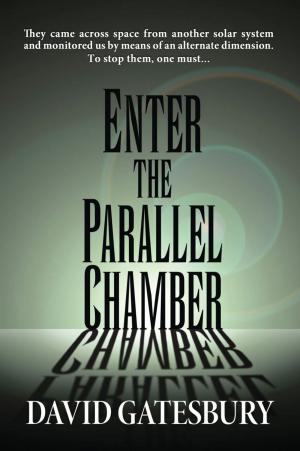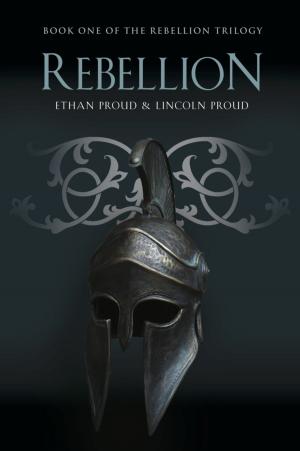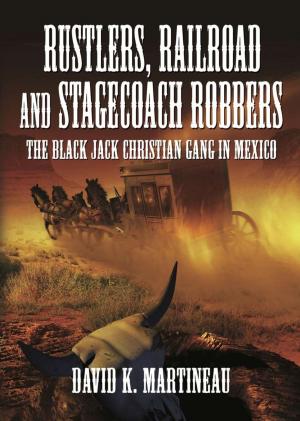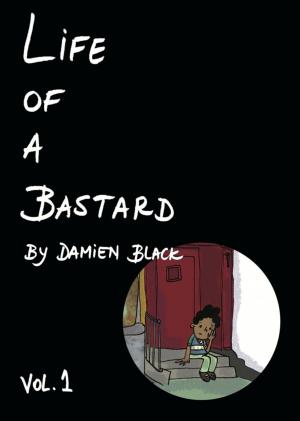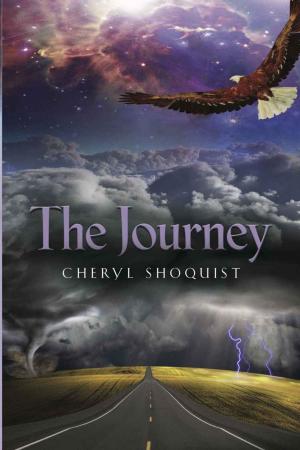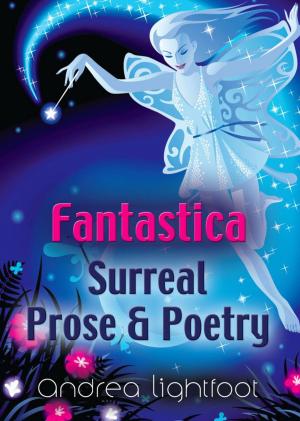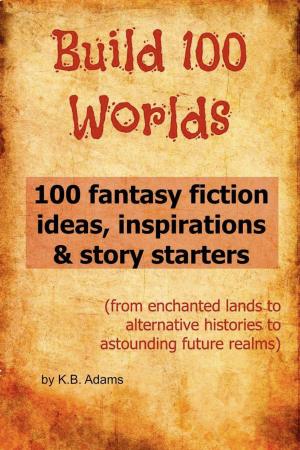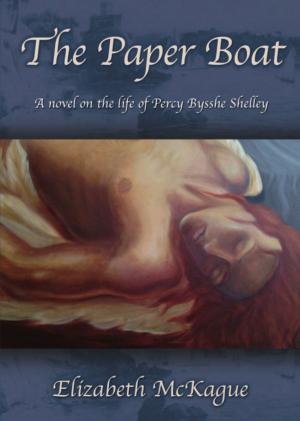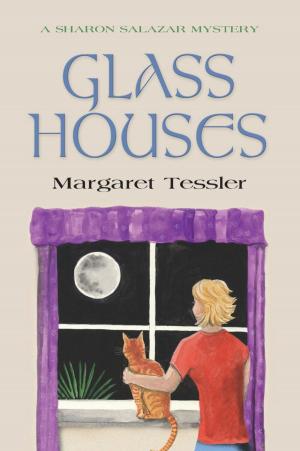Some Literary Essays: Comments and Insights
Fiction & Literature, Drama, Nonfiction, Entertainment, Literary Theory & Criticism| Author: | David Hamilton | ISBN: | 9781632633514 |
| Publisher: | BookLocker.com, Inc. | Publication: | July 1, 2014 |
| Imprint: | Language: | English |
| Author: | David Hamilton |
| ISBN: | 9781632633514 |
| Publisher: | BookLocker.com, Inc. |
| Publication: | July 1, 2014 |
| Imprint: | |
| Language: | English |
Some Literary Essays revises the work of several important dramatists who cast their influence over contemporary drama and political thinking and some important types of Elizabethan verse. Dramatists like Shaw, Beckett and contemporary ideological writers like David Edgar, Howard Brenton and Edward Bond whose technical abilities are models for aspiring playwrights but whose ideological or propaganda motives behind the subjects the plays were constructed for, is old-fashioned.
There are brief looks at Henrik Ibsen as a profound influence on ha especially A Doll's Hose which examined the rights of women and influenced Shaw's version Candida. Ibsen inaugurated the influential Problem Play” a form of Social Drama and social plays by Shaw needs to be read with Ibsen in mind. The chapter ends with a short piece on Oscar Wilde whose' An Ideal Husband Shaw criticised as “a silly play.” Wilde is still popular while Shaw who is not popular now helped create our contemporary ideological climate.
Samuel Beckett is still popular and helped create an unhuman, nihilism which was negative and destructive but he still grips audiences in productions as “something undergone not rather than understood.” It is an anti-drama that was practical and minutely choreographed emptiness.
This is followed by a critique of ideological drama which is constructed, or contrived, to make political propaganda rather than convey human behaviour and the world around us. This preceded by a short essay on Bertolt Brecht their influence and closed by one on Shakespeare as contrast and example of exposing human nature in action and creating depth of meaning rather than temporary ideologies.
The author considers David Edgar's Destiny a warning of the seeming rise of the National Front in 1976; followed by Edward Bond's and Howard Brenton's Lear and Romans in Britain respectively. Even those who disagree with the author's stance can learn from the considerations of technique and production.
There is an analysis of Thomas More's Utopia which is an early sand influential example of the current utopian-ideological style of thinking in the rationalist vein which follows such as Plato's Republic. He closes by returning to Shakespeare and how he is used as political propaganda.
He then discusses in more detail how Shakespeare analysed human nature and created depth of meaning rather than empty ideas like the previously considered dramatists.
There are considerations of some intrinsically interesting types of Elizabethan poetry. The piece on Verse satire make comparisons between the influential writers in this form; one on Metaphysical and Cavalier poets and Elizabethan lyric poetry.
Some Literary Essays revises the work of several important dramatists who cast their influence over contemporary drama and political thinking and some important types of Elizabethan verse. Dramatists like Shaw, Beckett and contemporary ideological writers like David Edgar, Howard Brenton and Edward Bond whose technical abilities are models for aspiring playwrights but whose ideological or propaganda motives behind the subjects the plays were constructed for, is old-fashioned.
There are brief looks at Henrik Ibsen as a profound influence on ha especially A Doll's Hose which examined the rights of women and influenced Shaw's version Candida. Ibsen inaugurated the influential Problem Play” a form of Social Drama and social plays by Shaw needs to be read with Ibsen in mind. The chapter ends with a short piece on Oscar Wilde whose' An Ideal Husband Shaw criticised as “a silly play.” Wilde is still popular while Shaw who is not popular now helped create our contemporary ideological climate.
Samuel Beckett is still popular and helped create an unhuman, nihilism which was negative and destructive but he still grips audiences in productions as “something undergone not rather than understood.” It is an anti-drama that was practical and minutely choreographed emptiness.
This is followed by a critique of ideological drama which is constructed, or contrived, to make political propaganda rather than convey human behaviour and the world around us. This preceded by a short essay on Bertolt Brecht their influence and closed by one on Shakespeare as contrast and example of exposing human nature in action and creating depth of meaning rather than temporary ideologies.
The author considers David Edgar's Destiny a warning of the seeming rise of the National Front in 1976; followed by Edward Bond's and Howard Brenton's Lear and Romans in Britain respectively. Even those who disagree with the author's stance can learn from the considerations of technique and production.
There is an analysis of Thomas More's Utopia which is an early sand influential example of the current utopian-ideological style of thinking in the rationalist vein which follows such as Plato's Republic. He closes by returning to Shakespeare and how he is used as political propaganda.
He then discusses in more detail how Shakespeare analysed human nature and created depth of meaning rather than empty ideas like the previously considered dramatists.
There are considerations of some intrinsically interesting types of Elizabethan poetry. The piece on Verse satire make comparisons between the influential writers in this form; one on Metaphysical and Cavalier poets and Elizabethan lyric poetry.

